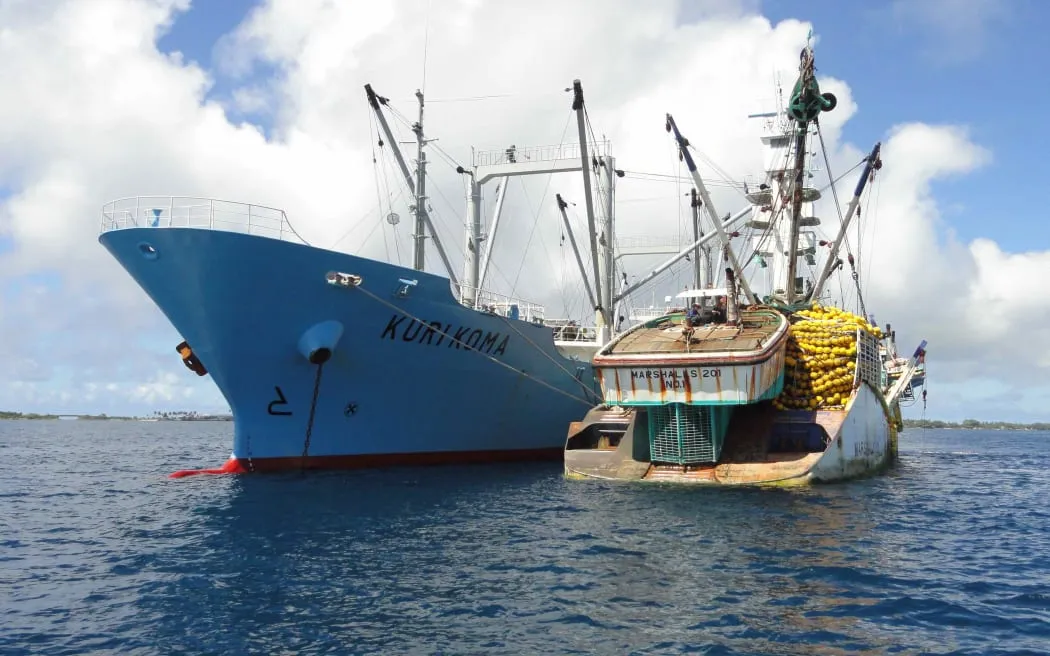The Western Pacific’s Largest Tuna Fishery Faces New Labour Standards
The Western and Central Pacific Fisheries Commission (WCPFC) has made significant strides in improving standards for crew aboard fishing vessels operating in the region. Following a recent conference in Suva, the Commission agreed to implement measures aimed at ensuring fair pay, safe and decent working conditions, and protections against forced labor and other abuses.
A New Era of Labour Standards
At the WCPFC’s just-finished conference, Forum Fisheries Agency (FFA) deputy director general Dr. Pio Manoa emphasized the importance of these new labour standards in ensuring the safety and dignity of crew members. “The new labour standards are crucial to ensure the safety and dignity of our crew,” Dr. Manoa stated.
A Collective Commitment to Social Responsibility
Dr. Manoa also highlighted the FFA’s collective commitment to social responsibility in fisheries management, citing the agency’s key role in driving this initiative. The FFA members have been instrumental in pushing for these reforms, demonstrating their dedication to prioritizing the well-being of crew.
A Modernized Approach to Oversight
Meanwhile, non-governmental organization Pew Charitable Trusts has praised the WCPFC’s efforts to modernize oversight of the world’s largest tuna fishery. The Commission has adopted interim electronic monitoring standards after ten years of effort, which will ultimately help improve oversight of the region’s valuable fisheries.
Augmenting Human Observers with Technology
The new standards will see human observers supported by onboard cameras and other technology to enhance data collection. According to Dave Gershman, an officer for Pew Charitable Trusts’ international fisheries project, electronic monitoring will increase data accuracy and help ensure compliance with the Commission’s rules.
A Call for Transparency
However, despite this progress, Pew expressed concerns that the Commission has failed to address ways to improve transparency in transshipment of fish catches. The organization noted that the Commission’s rules on transshipment remain out of alignment with UN recommendations and lag behind standards adopted by other regional fisheries management organizations.
A Step Forward for the Western Pacific’s Tuna Fishery
In conclusion, the WCPFC’s adoption of new labour standards represents a significant step forward for the region’s tuna fishery. While there is still work to be done in ensuring transparency and compliance, this development marks an important shift towards prioritizing the safety, dignity, and well-being of crew members.

0 Comments